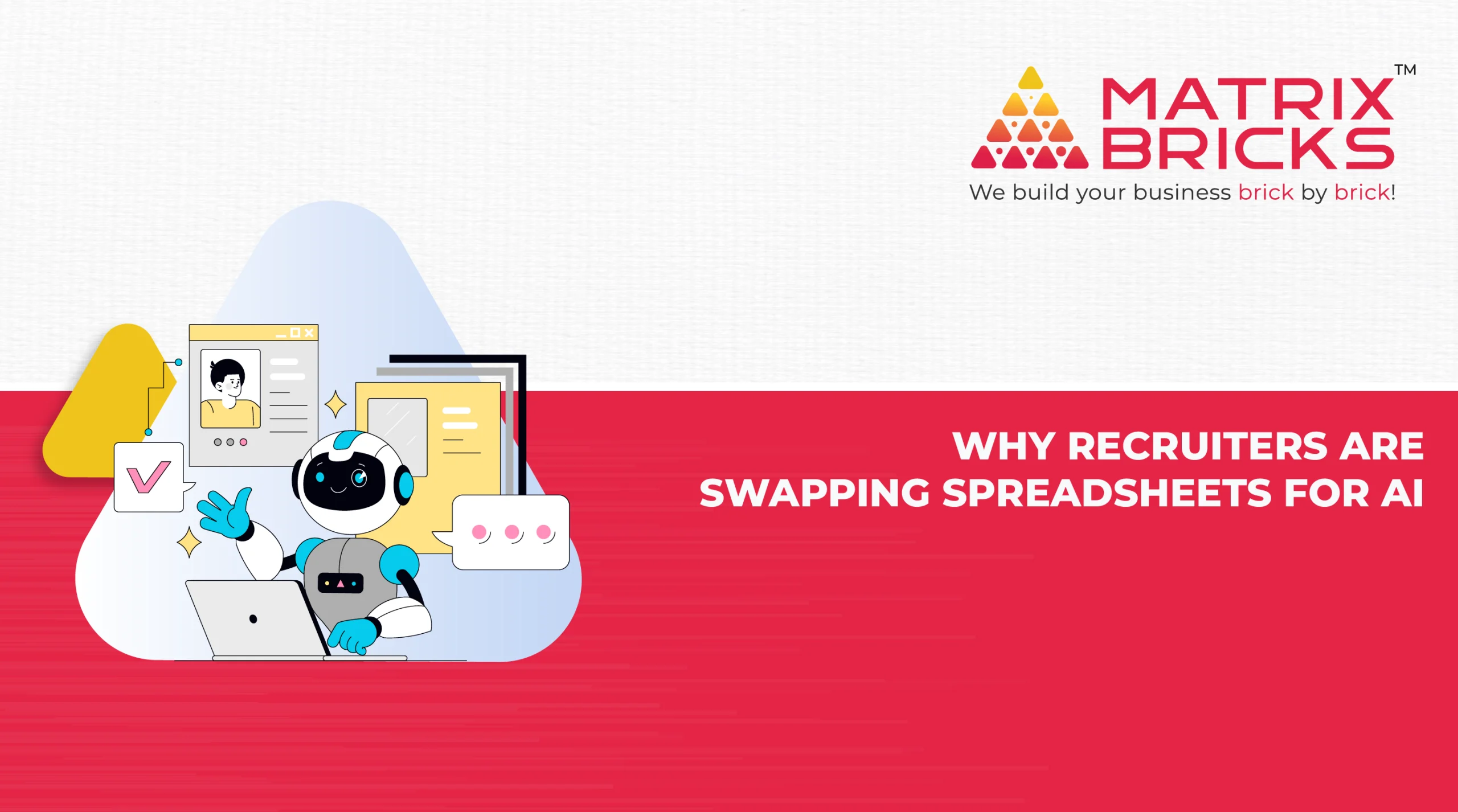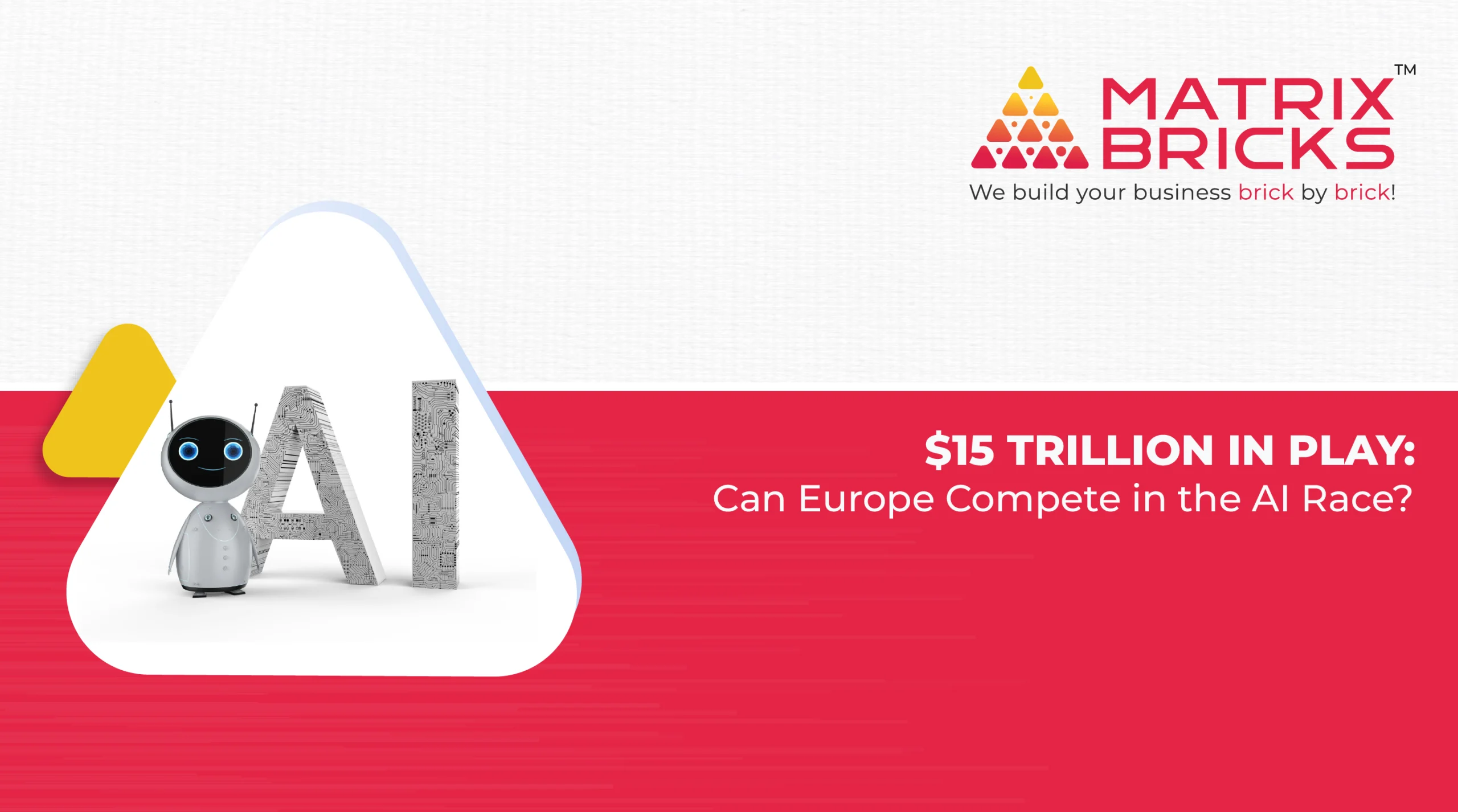Data engineering is the backbone of modern, data-driven organizations, playing a crucial role in developing, deploying, and maintaining robust data pipelines and infrastructure. It ensures the seamless flow of data across systems, transforming raw information into valuable assets that fuel innovation and business strategies. By laying down a solid foundation for data operations, data engineering consulting services facilitate the collection, storage, processing, and analysis of vast data volumes, empowering organizations to gain actionable insights and enhance decision-making capabilities. Today, as data becomes the cornerstone of competitive advantage, the importance of efficient data engineering solutions cannot be overstated.
How Does Data Engineering Work?
- Data Collection and Ingestion: The journey of data engineering begins with data collection from multiple, diverse sources, including relational databases, APIs, IoT sensors, social media feeds, and streaming platforms. This process is fundamental to ensure that an organization captures all necessary data points. Advanced data engineering services focus on automating data ingestion to handle both structured and unstructured data in real-time or batch mode. This step forms the basis for comprehensive data ecosystems that drive data analytics and engineering.
- Data Storage and Management: Once collected, data needs a robust storage solution. Modern data engineering companies leverage scalable data storage technologies, such as data lakes and data warehouses, capable of handling petabytes of data. Efficient data cataloging and metadata management ensure that data can be accessed with minimal latency. A key aspect of data storage is its architecture, with cloud-native solutions like AWS S3, Google BigQuery, and Azure Data Lake Storage offering unmatched scalability. Data engineering service providers focus on designing storage systems that balance cost-effectiveness and performance, ensuring that businesses can store data securely while optimizing retrieval times.

Benefits of Data Engineering
Improved Data Quality
Enhanced Scalability
Faster Time-to-Insight
Cost Optimization
Data-Driven Innovation
Common Methods and Algorithms
ETL (Extract, Transform, Load)
ETL is at the heart of data engineering services, automating the transfer of data from disparate sources into a consistent, analysis-ready format. Modern ETL pipelines are designed to be scalable and adaptable, handling massive data loads with minimal latency. Some data consulting companies also employ ELT (Extract, Load, Transform) processes for faster data movement when transformation can be deferred.
Batch Processing vs. Stream Processing
The choice between batch and stream processing is determined by the use case. For applications requiring immediate data insights, such as fraud detection or stock market analysis, stream processing is indispensable. Conversely, batch processing is often more efficient for less time-sensitive data loads, like periodic reporting. A skilled data engineering company can assess a business’s unique needs and implement the appropriate approach or a hybrid model for optimized performance.
Distributed Computing
For organizations dealing with vast amounts of data, distributed computing frameworks are essential. Technologies like Apache Hadoop, Spark, and Flink allow parallel processing of large datasets, enabling businesses to gain faster insights without overloading single servers. This scalability makes distributed computing a key focus for data engineering service providers who aim to offer robust solutions capable of supporting large-scale operations.
Advanced Areas of Data Engineering















